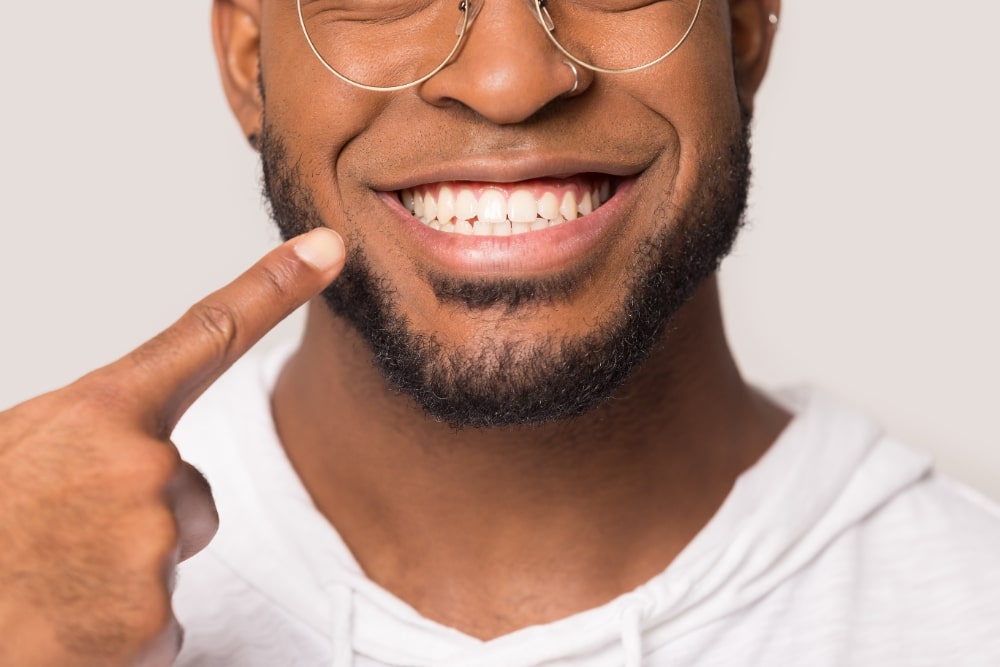Why a Good-Looking Smile is Not Always a Healthy Smile

While undergoing orthodontic treatment with braces or Invisalign will earn you a beautiful smile, that’s hardly the only benefit. If you have been hesitant to start orthodontic treatment because you already have a straight smile, you can still gain a lot from having braces or Invisalign. When you straighten your teeth, you set yourself up for long-term oral health.
Cleaner Teeth
Even if your smile looks straight enough as it is, there could very well be issues with your teeth braces or Invisalign can fix. Your teeth could be packed in tightly without any visible signs of crowding. Even if your front teeth are mostly straight, the molars out of sight in the back of your mouth could be crooked.
These situations can make it difficult to fully clean your teeth after meals, as food particles can get stuck in between your teeth in hard-to-reach areas. Over time, these spots can start to build up with plaque, leading to tooth decay and cavities. Even if you stay on top of brushing your teeth and flossing, you may still experience frequent cavities due to trapped food particles. If you straighten your teeth with braces or Invisalign, it will be easy to reach everywhere you need to, leading to fewer instances of tooth decay.
Better Bite
While your teeth may look straight and present with a beautiful smile, you may still have some issues with your bite. When teeth get crowded together, they may not always appear crooked. They could be uneven inside your jaw, causing some teeth to get more pressure than others when you bite down. When this happens, teeth under excessive pressure will weaken over time.
Not only can this weakening lead to chipping later in life, you could also experience jaw pain due to a bad bite or even speech problems. If you get orthodontic treatment, you can move your teeth in a way that allows them to bite down with even pressure, leading to better oral health later in life.
Other bite problems come from issues with the jaw, particularly if you have an overbite or an underbite. An overbite is when your upper jaw sticks out too far over your lower jaw and an underbite is when your lower jaw prevents the upper teeth from easily resting over it. This can lead to speech problems, jaw pain, and can make eating difficult.
Both Invisalign and braces can fix overbites and underbites. The way this works is by using interarch bands. These small bands are attached to hooks and run between the upper and lower jaw to create pressure. Over the course of your treatment, the bands will pull the jaw into proper alignment, creating a smooth bite. Even if your smile looked good to start, this will likely make your smile look noticeably better while also setting you up for better oral health and comfort in the future.
Contact Dabney Orthodontics today to set up a free consultation and to see how you could benefit from orthodontic treatment and a healthy smile.
